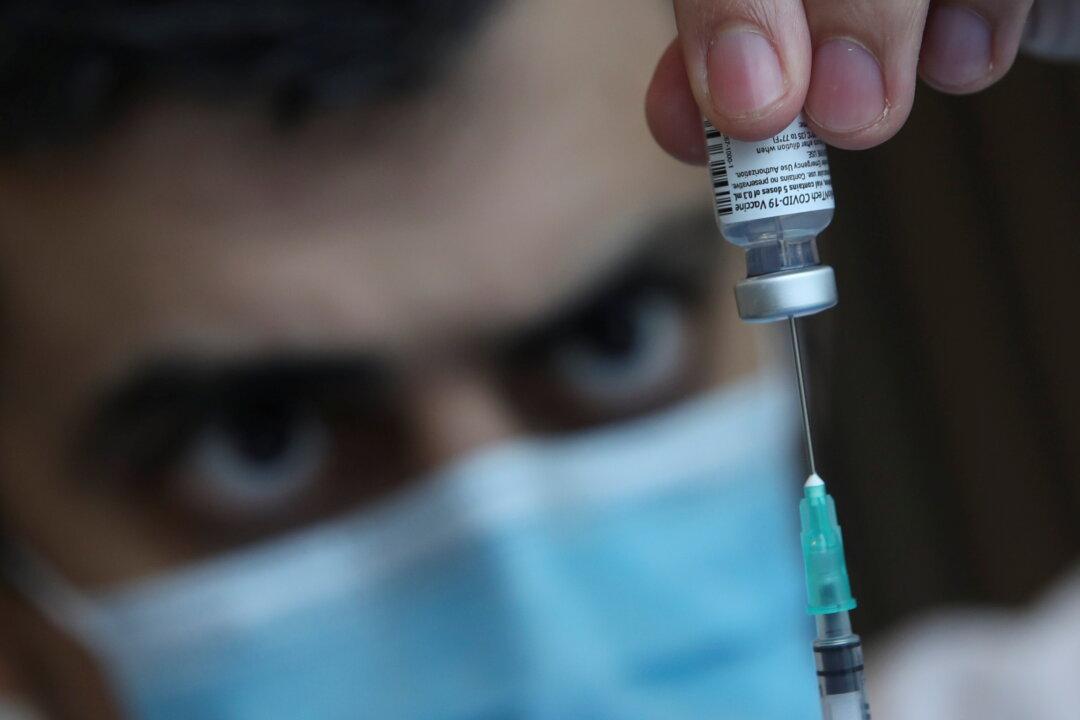VILNIUS—Europe urged pharmaceutical companies on Tuesday to stand by their word in supplying coronavirus vaccines amid a series of delivery cuts and delays, as hopes for a quick fix to COVID-19 slowly crumble into recrimination.
The world has hailed the super-fast development of vaccines as the best chance of escaping the year-long pandemic, which has killed more than 2.1 million people, anxious to reboot economies and restart travel by the European summer.





